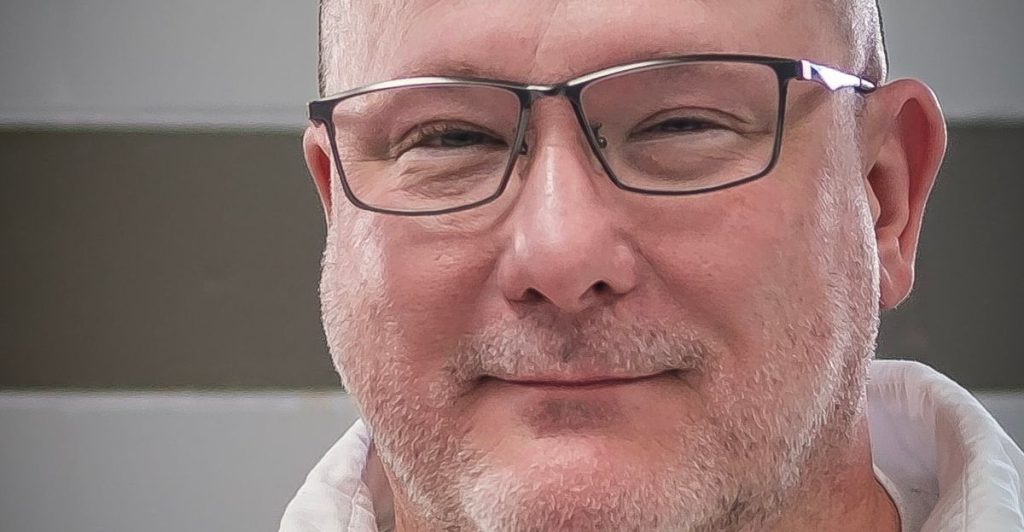Missouri executed 52-year-old Brian Dorsey, who was convicted of killing his cousin and her husband in 2006 after a drug-induced psychosis. Despite pleas from more than 70 correctional officers and a judge who upheld his death sentence, Dorsey was put to death with a lethal injection of pentobarbital. Dorsey’s defense lawyers advised him to plead guilty without securing a deal from the state to remove the death penalty as a possibility, leading to a jury sentencing him to death after a two-day trial. Despite a flurry of supporters urging Missouri Gov. Mike Parson to grant Dorsey clemency, his request was denied, leading to the execution.
Dorsey began drinking and using crack cocaine as a teenager to cope with a treatment-resistant major depressive disorder. On the night of the crime, after days of bingeing on drugs and alcohol, Dorsey was at his cousin and her husband’s home when he spotted a gun and ended up killing them. Dorsey, who could not afford his legal defense, had two lawyers appointed by the Missouri State Public Defender’s Office who were paid a flat fee, a practice that incentivizes minimizing time spent working on the case. Despite the lawyers’ advice to plead guilty without a deal, Dorsey followed their recommendation and pleaded guilty, leading to his death sentence.
Dorsey’s lawyers did not have an investigator or a mitigation specialist, and they did not conduct a thorough investigation into alternative defense strategies. His lawyers’ approach to the case was called into question during post-conviction hearings, with testimony indicating that the lawyers were motivated by financial gain rather than a rigorous defense for Dorsey. Former Missouri Supreme Court Judge Michael Wolff wrote a letter to Gov. Parson admitting that the court had made a mistake in upholding Dorsey’s death sentence, as they were unaware of the compromised and ineffective defense provided by his lawyers.
Despite efforts from supporters, including former jurors who now support a life sentence for Dorsey and family members of the victims who did not want to experience another loss, Dorsey’s execution proceeded as scheduled. Dorsey spent 16 years on death row without any disciplinary infractions, living in the “honor dorm” and working as a barber in the prison. Current and former Missouri correctional officers who wrote to Gov. Parson expressed their belief in the use of capital punishment but stated that the death penalty was not appropriate for Dorsey, noting his acceptance of his crime and his efforts to be a positive influence in the prison.
Dorsey’s execution marks the fifth in the U.S. this year, raising questions about the fairness and effectiveness of the death penalty system. Despite the calls for clemency and the acknowledgement of flaws in Dorsey’s defense, his execution proceeded, leaving his supporters grieving and questioning the justice of his sentence. The case highlights the importance of effective legal representation and the potential consequences of financial conflicts of interest in death penalty cases.


